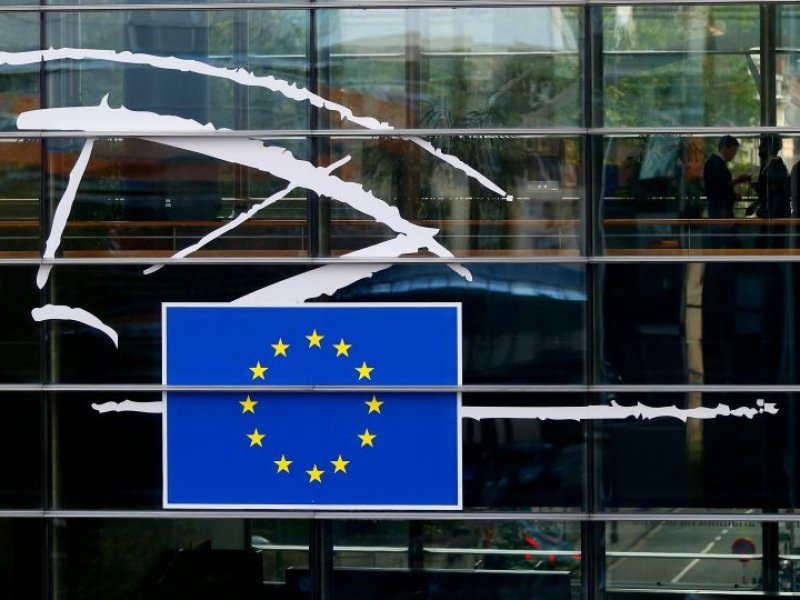
BRUSSELS — The European Commission plans to step into the patent dispute between tech companies and automakers and may set up a system to check whether some patents are essential to a technology standard as claimed, according to a Commission document.
The move by the EU executive comes as Finnish telecom equipment maker Nokia and German automaker Daimler battle in German courts over the level of royalties for key navigation and communications technologies and who should pay them.
The proposals are outlined in the Commission’s Intellectual Property Action Plan, seen by Reuters, which European Competition Commissioner Margrethe Vestager and EU digital chief Thierry Breton will present on Nov. 24.
As a first step, the Commission will engage with the automotive sector to explore the possibility of effective licensing solutions, the document said, adding that the industry’s needs are the most acute.
While the car industry currently faces the most problems between standard essential patent (SEP) holders and licensees, the issue is also relevant in the digital and electronics sectors and internet-connected devices in energy, health and smart manufacturing, it said.
The Commission to date has refrained from the disputes and has urged the companies to resolve the issue themselves, with some seeing it as a contractual issue. Automakers, however, see it as an antitrust issue, with Daimler lodging a complaint with Vestager.
Patents are a lucrative source of revenue for Nokia which makes 1.4 billion euros ($1.7 billion) in licensing revenues annually. It says Daimler has been using its cellular standard-essential patents (SEPs) without authorization.
Daimler, however, wants Nokia to license its suppliers rather than with the company itself, a move which could cut the level of fees.
To further clarify the regulatory framework for declaring, licensing and enforcing SEPs, the Commission will consider regulatory reforms such as setting up an independent system of third-party essentiality checks, the document said.
Such vetting would look into whether some patents are essential to a standard as claimed by the patent holders and also counter fears that some royalties are calculated at too high a level due to companies licensing unnecessary patents.
Experts, however, say essentiality checks may be difficult to carry out in a global market and that it may be difficult to find a qualified body with the technical competence to do them.